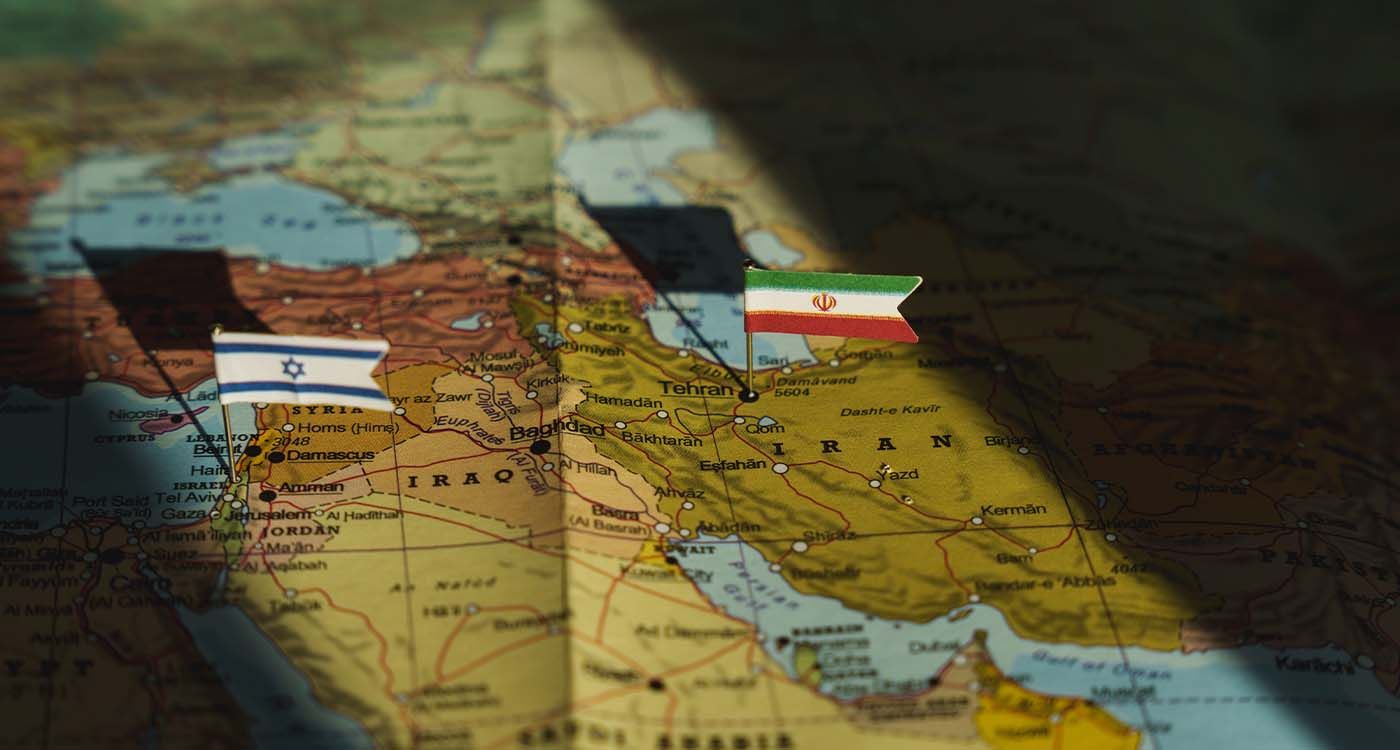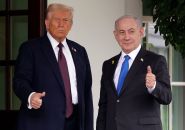- Home
- Middle East
- The Resistance Axis: More Fragile Than It Seems

©shutterstock
A few months ago, a political activist mockingly coined the term “Rice Pudding Axis” to describe the so-called obstructionist axis, after a major part of it collapsed in Lebanon following Hezbollah’s military failure and eventual capitulation. Unable to hold its ground, the group was forced to sign a humiliating agreement that effectively turned Israel into a military supervisor over Lebanon and its territory.
But the Rice Pudding Axis has turned out to be even less significant than expected. As strikes on Iran began, the scale of Tehran’s strategic collapse became painfully clear, culminating in its desperate pleas for a ceasefire from the United States and Arab mediators such as Oman and Qatar.
The axis supporters see things very differently. They celebrate the missile launches as if Jerusalem has been liberated and the struggle to reclaim Palestine has resumed, simply because ballistic missiles were fired from Iran toward Israel. They rejoice over the extensive damage in Tel Aviv and Haifa, as if the complete elimination of Israel from the map were a real possibility.
What these misguided supporters fail to understand is that Israel benefits from the widespread dissemination of such images, using them to appeal to emotion and reinforce the narrative of an existential threat. Meanwhile, Iran conceals these images, fearing they would expose the harsh military reality – especially in light of Israel’s intelligence dominance, which has eliminated Iran’s nuclear scientists through covert means, all under policies like that of the pagers.
In this context, the outcome is unmistakable: nothing that has happened in Iran has weakened Israel’s power, but it has significantly diminished Iran’s influence. This profound collapse of the axis is fundamentally transforming the regional landscape. Israel will not cease its attacks on Iran until it is certain that any ceasefire holds the same historic significance as the Hiroshima bombing or the fall of the Berlin Wall.
For this transformation to be complete, and for Iran’s global dominance – exercised through its various proxies – to be dismantled, something far beyond rhetoric, agreements or negotiations must occur. The world will be forever changed by this conflict, but until the full picture unfolds, the flames will continue to rage. Only then can a new world order emerge, in which the US and Israel secure peace in the Middle East by silencing all resistance movements that operate beyond the control of their host states.
Read more



Comments